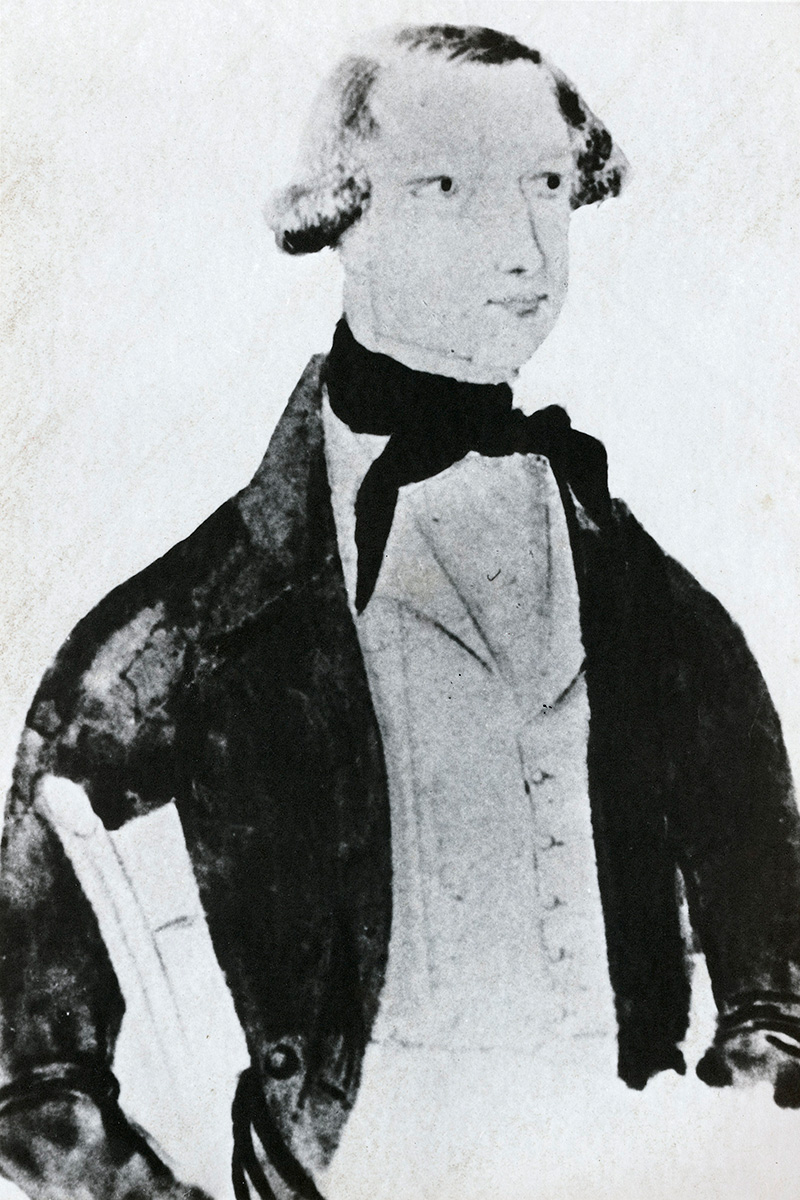Dr James Barry (1790s – 25 July 1865)
Dr James Barry was born in Ireland as Margaret Ann Bulkley, daughter to Mary-Ann and greengrocer Jeremiah.
Determined to pursue a medical career, her life changed after her father was imprisoned for debt in 1803. Taken in and helped by her uncle, artist James Barry, whose name she assumed, she lived her life as a man, sailing from London to Edinburgh in 1809 to earn a degree at the city’s medical school.
She had the full support of her mother in her endeavour, who took on the charade of ‘aunt’ to her ‘nephew’. Her disguise, only revealed on her death, actually makes Dr James Barry the first woman in Britain to practise medicine, albeit one disguised as a man, perhaps illustrating the extraordinary lengths women were prepared to go to – had to – in order to achieve their ambition.
Dr Barry joined the British Army in 1813 and became the Surgeon General, serving in India and South Africa. Not one to rest on her laurels, she was also Inspector-General of Hospitals in Canada, as well as serving in Corfu, the Crimea, Mauritius, Jamaica and St Helena. She was posted to South Africa in 1816, became closely acquainted with its governor Lord Charles Somerset and mysteriously disappeared for a full year, around 1819. This is when some historians believe she gave birth to a presumably stillborn child, before returning to South Africa, where she is credited as being the first British surgeon to perform a Caesarean section in Africa where both mother and child survived the procedure.
Her true gender was uncovered after her death from dysentery on 25 July 1865. Housemaid Sophia Bishop, tasked with preparing the body for burial, disregarded the deceased’s last wishes NOT to undress the body and made her startling discovery.
Such was the incredulity at the news that the British Army sealed all related records for a century. Whether it was because of the scandal of her fooling the Establishment for so many years or the shock that a mere woman had scaled such incredible career heights, is for you to decide. The likelihood of her having conceived a child was given further weight by the fact that the body bore stretch marks, obviously associated with pregnancy and childbirth.
Dr James fought a duel with pistols, was known to speak her mind and got into a war of words with Florence Nightingale, who later wrote of the altercation:
“I never had such a blackguard rating in all my life – I who have had more than any woman – than from this Barry sitting on his horse, while I was crossing the Hospital Square with only my cap on in the sun. He kept me standing in the midst of quite a crowd of soldiers, Commissariat, servants, camp followers, etc., etc., every one of whom behaved like a gentleman during the scolding I received while he behaved like a brute . . . After he was dead, I was told that (Barry) was a woman . . . I should say that (Barry) was the most hardened creature I ever met.”
Rather ironic, considering they were both passionate about health reform in their own way. Dr James also acquiesced to a request from Napoleon to treat the son of his private secretary. She is buried in Kensal Green Cemetery under the name of James Barry.

